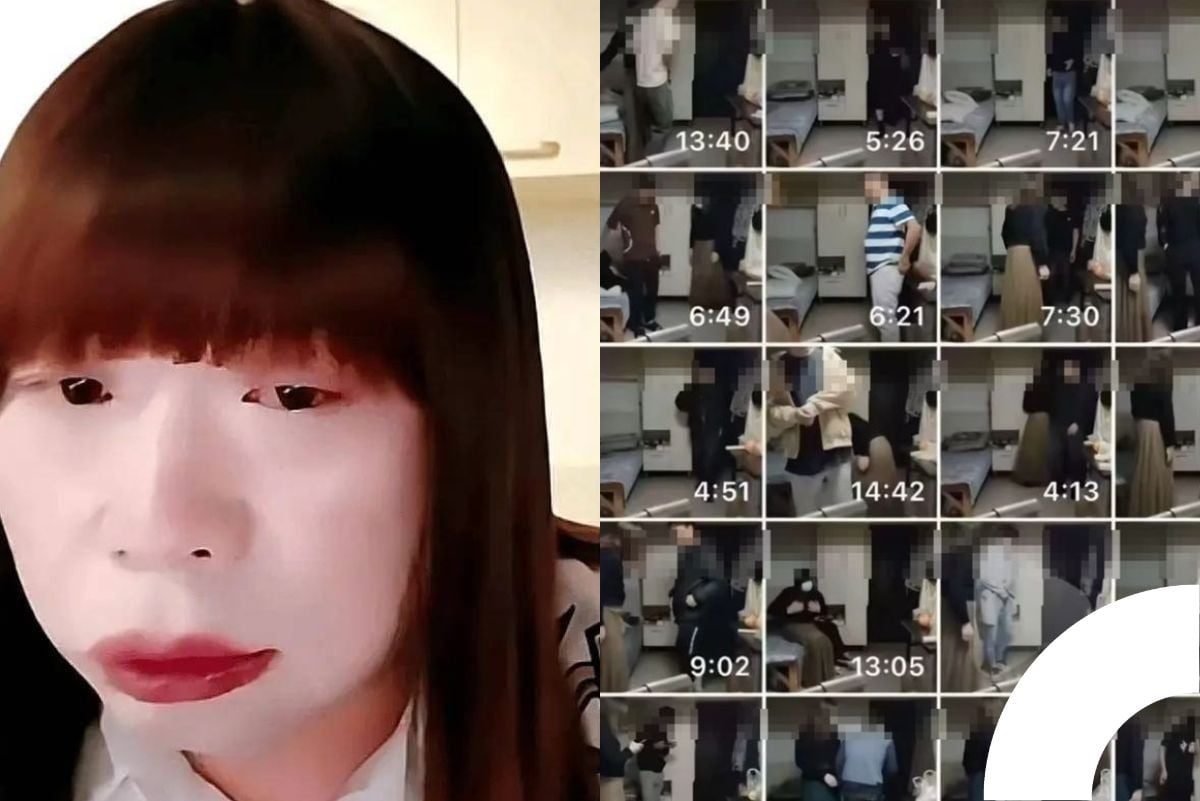The chilling scandal of Uncle Red a 38-year-old man surnamed Jiao from Nanjing, China has stunned social media in recent days. Disguised as a woman, Jiao allegedly lured thousands of men into his rented room under the pretense of intimacy. But what truly horrified the public was not just the deception, but the secret filming and illegal distribution of these encounters online.
Behind the closed doors of that seemingly ordinary room lay a carefully orchestrated trap. Jiao turned intimate moments into profit, secretly recording them and sharing the footage on various platforms. These clips, fueled by morbid curiosity and sensationalism, racked up hundreds of millions of views. To some, it was digital entertainment; for others, it was a complete violation of human dignity.
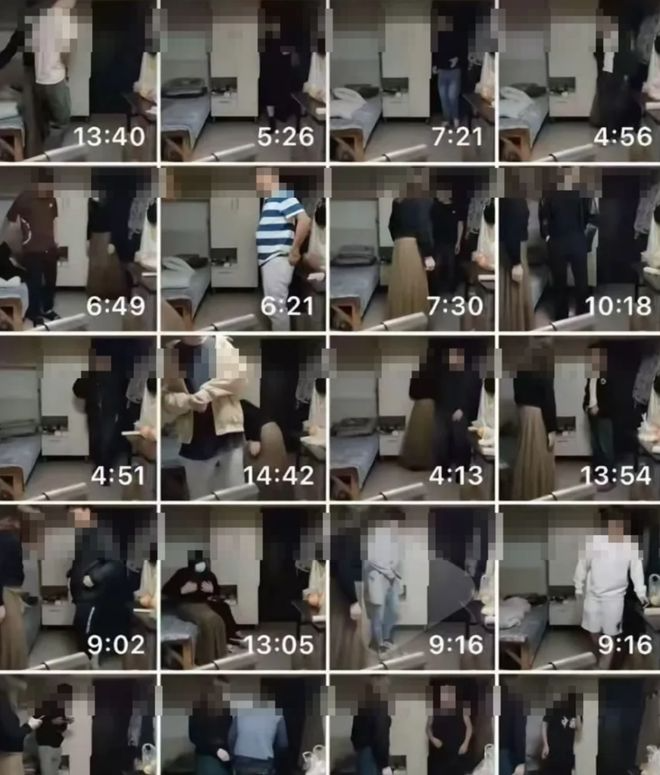
The men involved were not merely tricked they were targeted. When their personal moments went viral, many found themselves stripped of their privacy, identity, and peace of mind. Comments, screenshots, and gossip turned them into public spectacles, causing emotional devastation that experts liken to social execution.
One victim eventually reported the incident, leading to Jiao’s arrest. Authorities are now investigating him on charges of producing and distributing obscene content for profit. But the broader issue remains spycam crimes like this are not isolated.
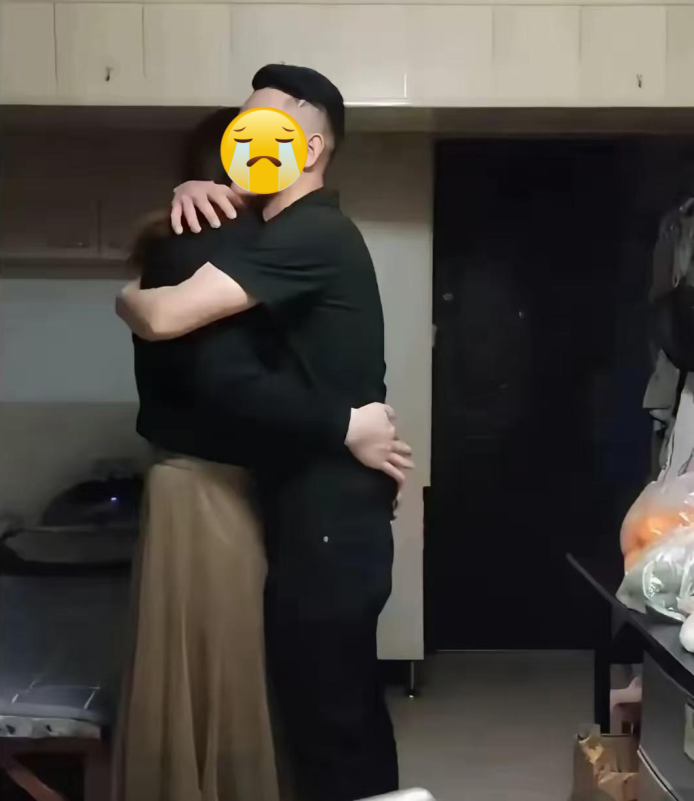
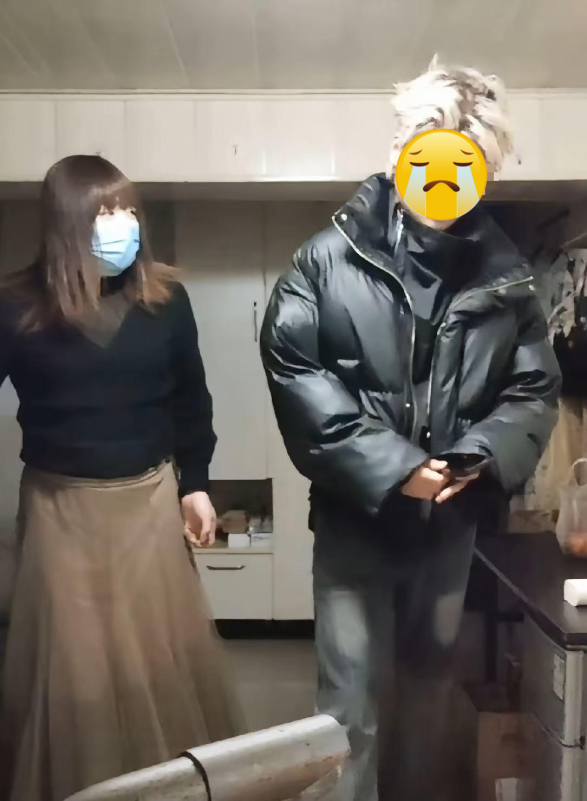
A growing problem across Asia
Jiao’s case has sparked comparisons to notorious scandals in South Korea. In 2019, singer Jung Joon Young admitted to secretly recording sexual encounters and distributing the videos without consent. The scandal uncovered a larger ring of celebrities engaging in similar acts, exposing the dark side of fame and abuse.
The same year, South Korea faced a “spycam (molka) epidemic” when hidden cameras were found in hotels, public restrooms, and changing rooms, secretly recording people and broadcasting their most private moments. One case involved over 800 couples being filmed across 30 hotels in just three months.
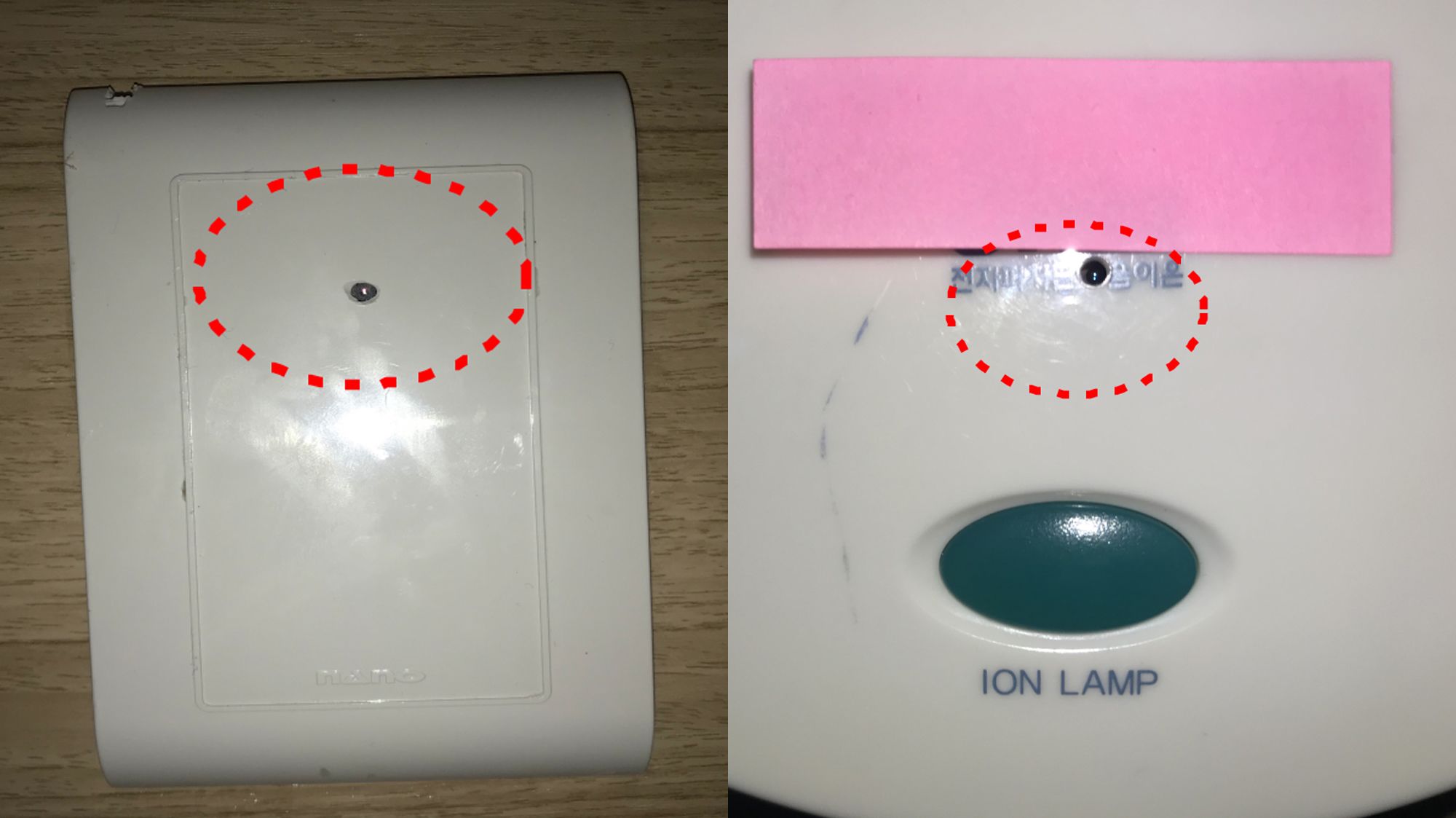
These incidents are not just disturbing—they’re criminal. And they often lead to irreversible psychological damage for victims.
To combat hidden cameras, especially in vulnerable spaces like hotels, rentals, or public restrooms, experts recommend the following precautions:
- Check for unusual devices or placements especially around mirrors, smoke detectors, and digital clocks.
- Use your phone’s flashlight to detect reflective lenses.
- Install a hidden camera detection app to scan for infrared or Wi-Fi signals.
- Cover sensitive areas (e.g., with towels or clothing) in unfamiliar environments.
- Report anything suspicious immediately to property owners or law enforcement.
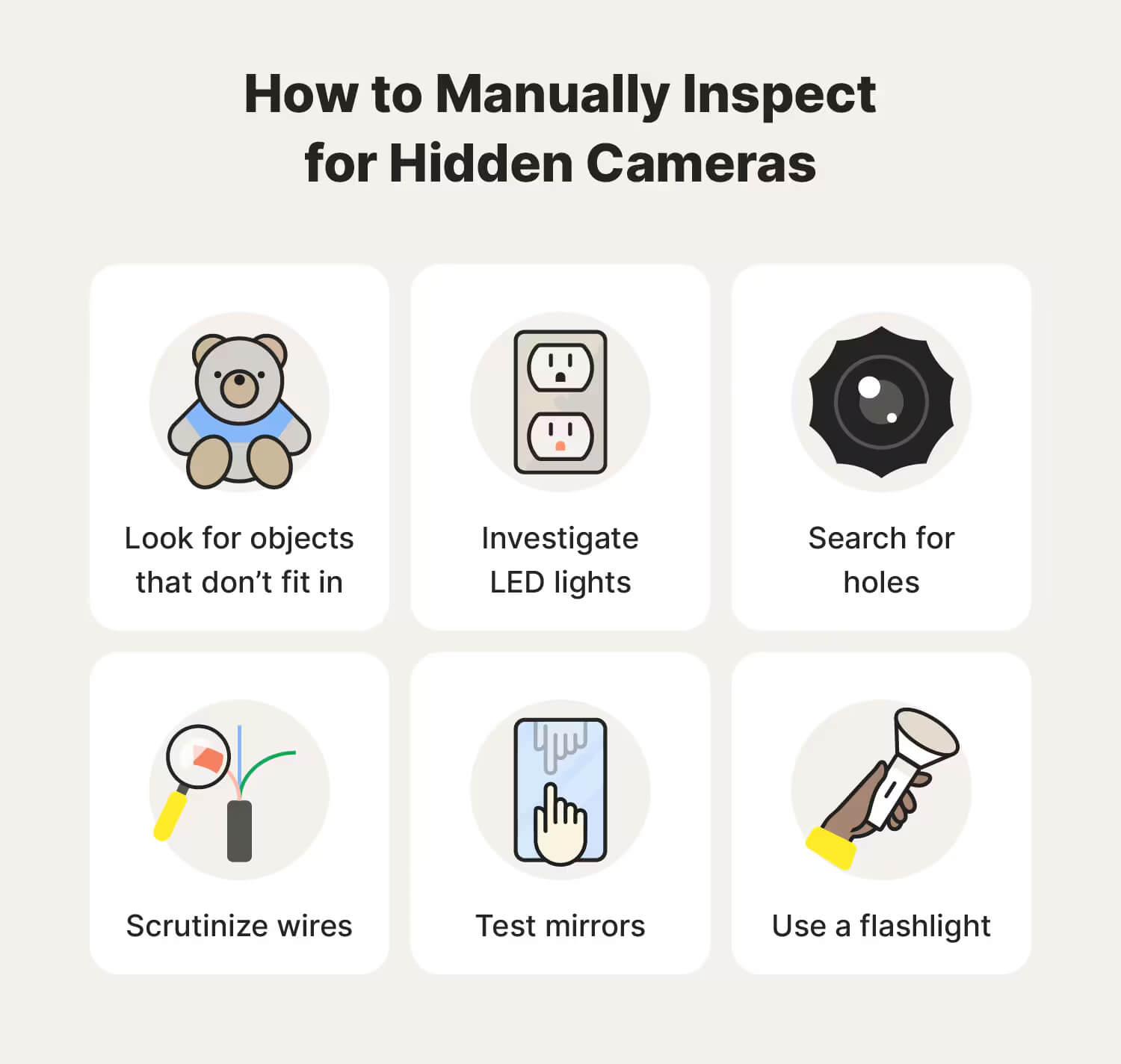
The Uncle Red scandal is more than a sensational story it’s a stark reminder of the real risks in the digital age. As society debates consent, privacy, and accountability, this case underscores the need for vigilance, awareness, and stronger protective laws.
Above all, it reminds us: the worst violations are often hidden in plain sight.

